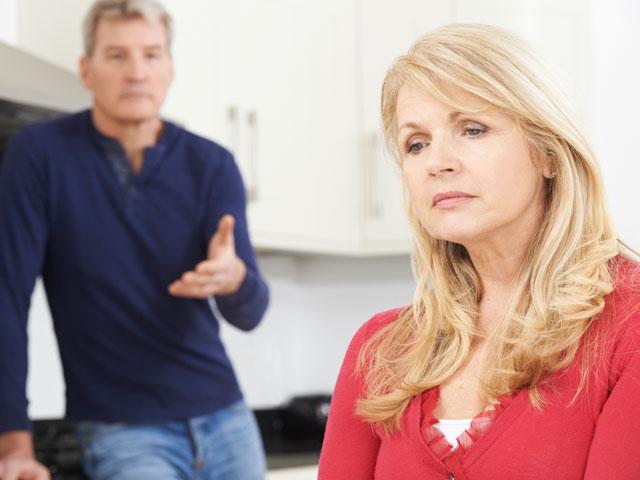Chronic Pain and Relationships

Did you know that 100 million people in the United States suffer with chronic pain? And with better regulation of pain medications, some of you need to know more about how to manage your pain. My new book, Living Beyond Pain, co-authored with physician Dr. James Kribs, is out and provides a holistic treatment for chronic pain sufferers. Here is a question asked about relationships and pain.
Question: My spouse talks about her pain all the time, I don’t want to sound rude, but it seems like that is all we talk about. Our relationship has become so much about how bad she feels. How do I show her I love her but address this?
Answer: Living with someone in chronic pain can be demanding at times because the person doesn’t feel well and wants your help to feel better. Yet you are powerless to do much about stopping their pain. As a result, much of the relationship can become focused on pain which is depressing for both of you. But people in pain need emotional support. They need to know that you empathize and feel compassion. So, verbalize your empathy and show compassion by your presence.
Now, realize, there is a fine line between helping and hurting when it comes to chronic pain. You help by encourage pain free talk, by focusing on the positives of your relationship and other aspects of the person’s life. Instead of asking, “How is your pain today?” ask, “How is your day going?” Then, focus on what is going right or is positive despite the pain. This isn’t ignoring the reality of their pain, rather focusing away from the pain. Constant conversations about pain increase pain. The more attention you give pain, the more it amplifies pain. Distraction turns down the volume on pain.
The more you do things for the person in pain, the more likely they are to become disabled by their pain. For example, if your partner can move, get up or get their own drink, let them. Even if it takes a while to accomplish something, movement is good for chronic pain. The goal is not to do things they can do for themselves. Otherwise, you are enabling sick behavior. Support, encourage, but don’t enable! You don’t want anyone’s identity to be developed around the pain.
Remember, chronic pain has caused your partner to limit her behavior and not do the things she used to do. She is dealing with loss and has to find a new normal. Talk about what can be done to improve functioning despite the pain. You may have to get creative! Can you throw a ball to the grandkids sitting down? Maybe you can find a more comfortable position for intimacy.
Finally, do all you can to remain social even though the pain may force a cancellation with friends now and then. When that happens, let your friends know to keep inviting you to gatherings as you want to remain active and involved. The worse thing a person in pain can do is
isolate. Not only will they get depressed but it is much easier to lose hope. And there is so much you can do to improve functioning and get on with your life.
In sum, chronic pain can cause relationship tension, but a focus on small things that turn down the volume on pain and improve your day to day functioning will help your relationships.
For more practical ways to help with chronic pain, order Living Beyond Pain.

